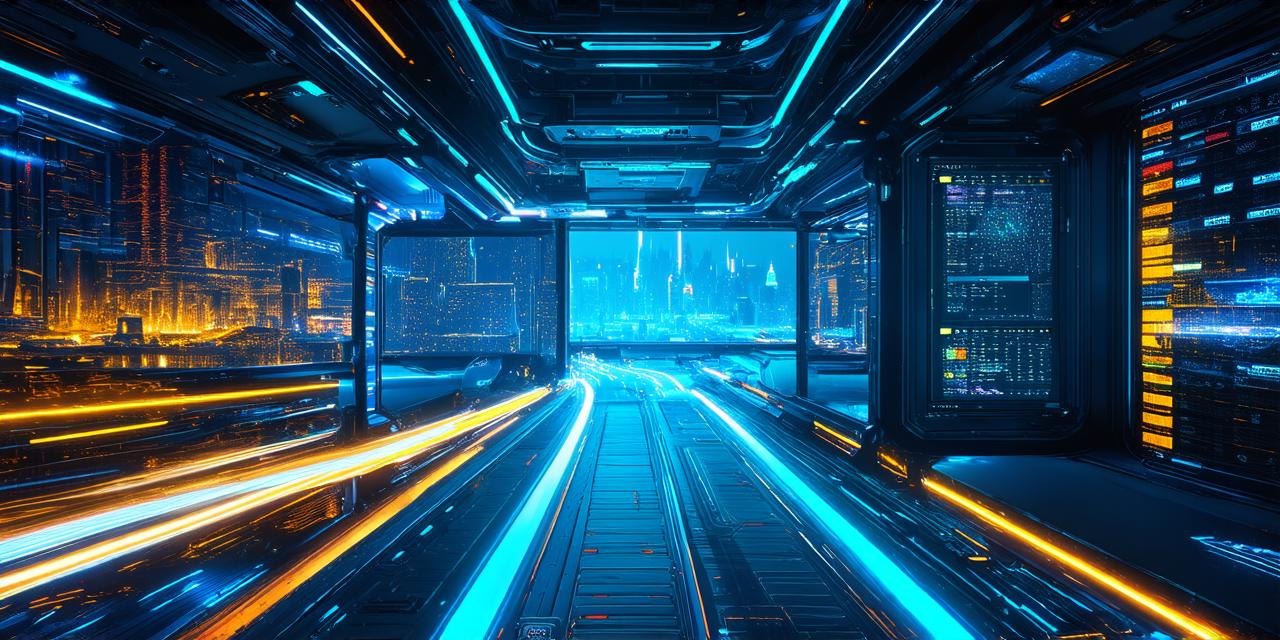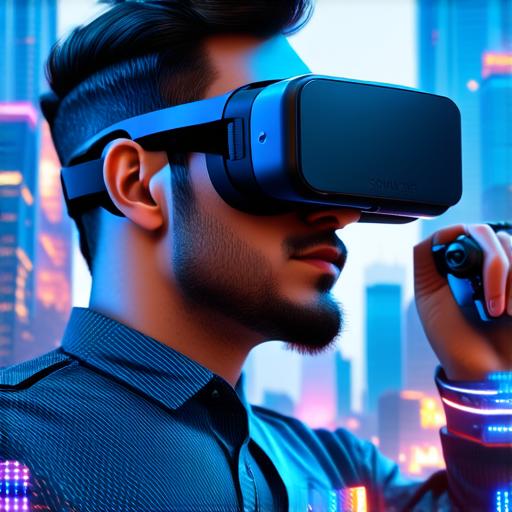
What does a virtual reality developer do?
Virtual reality (VR) technology has been advancing rapidly in recent years, and with it, the demand for skilled VR developers has grown. As the VR industry continues to grow, more people are turning to this technology for entertainment, education, and other purposes.
What is virtual reality?
Virtual reality is an immersive computer-generated simulation that allows users to interact with a simulated environment as if it were real. VR technology is used in various fields, including entertainment, education, healthcare, and design. The goal of VR development is to create engaging and interactive experiences that transport the user into a virtual world.
What does a virtual reality developer do?
Virtual reality developers are responsible for creating immersive experiences using 3D modeling, animation, and programming. They work closely with designers, artists, and other developers to bring VR concepts to life. Some of the tasks that virtual reality developers do include:
-
Designing virtual environments: Virtual reality developers design virtual environments that are interactive, engaging, and immersive. This involves creating 3D models of objects and environments, as well as designing interactive elements such as buttons and controls.
-
Developing VR applications: Virtual reality developers use programming languages such as C++ and Java to develop VR applications for various platforms, including the Oculus Rift, HTC Vive, and PlayStation VR. They also work on integrating VR technology with other systems, such as motion capture and gesture recognition.
-
Optimizing performance: Virtual reality developers optimize the performance of their applications to ensure that they run smoothly and without lag. This involves tweaking various settings, such as frame rates and resolution, to achieve the best possible experience for the user.
-
Testing and debugging: Virtual reality developers test their applications thoroughly to ensure that they are bug-free and function properly. They also work with QA teams to fix any issues that arise during testing.
Skills and qualifications required for virtual reality development

Virtual reality development requires a combination of technical skills and creative abilities. Here are some of the skills and qualifications that are required for this job:
-
3D modeling and animation: Virtual reality developers need to be proficient in 3D modeling and animation software such as Blender, Maya, and SketchUp. They also need to have a good understanding of geometry, lighting, and texturing.
-
Programming: Virtual reality developers need to be skilled in programming languages such as C++ and Java. They also need to have experience with game engines like Unity and Unreal Engine.
-
Interaction design: Virtual reality developers need to be able to design intuitive and engaging interactions that allow users to navigate the virtual world. This involves understanding user behavior and designing interfaces that are easy to use.
-
User experience (UX) design: Virtual reality developers need to have a good understanding of UX design principles, including information architecture, usability testing, and prototyping. They also need to be able to create wireframes and mockups of their applications.
-
Problem-solving skills: Virtual reality development requires strong problem-solving skills, as developers need to troubleshoot issues that arise during development and testing.
-
Attention to detail: Virtual reality development requires a high level of attention to detail, as even small errors can have a significant impact on the user experience.
Conclusion
Virtual reality development is a complex and challenging field that requires a combination of technical skills and creative abilities. As the VR industry continues to grow, there will be an increasing demand for skilled virtual reality developers. If you are interested in pursuing a career in this field, it is important to develop your skills in 3D modeling, animation, programming, interaction design, UX design, problem-solving, and attention to detail. With the right skills and qualifications, you can create engaging and immersive experiences that transport users into virtual worlds.


